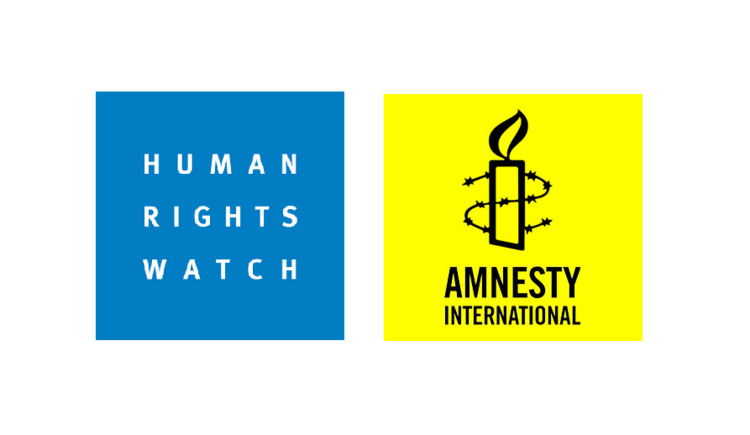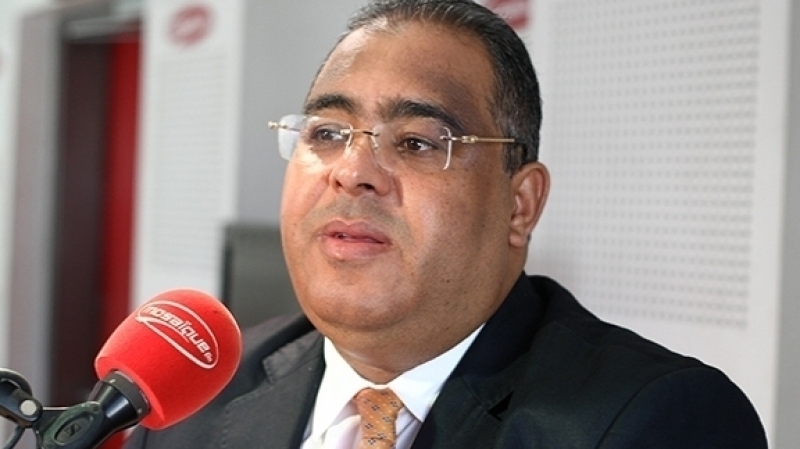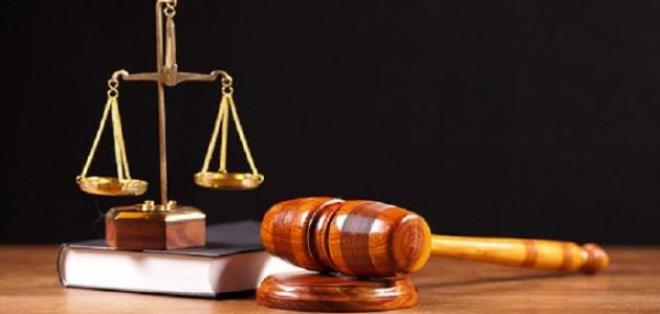Human Rights Watch and Amnesty International joined their voice to local Tunisian rights watchdogs to denounce the ongoing repressive measures targeting journalists, civil society activists, and critics of President Kais Saied’s iron fist.
“By attacking journalists and other media figures, Saied’s government is moving to put the last nail in the coffin of Tunisia’s civic space,” said Lama Fakih, Middle East and North Africa director at Human Rights Watch.
“After undermining the judiciary, jailing several dozen opponents and critics and attacking civil society organizations, Saied is now targeting the media,” she said.
As Saied’s security apparatus continues to harass independent media, two journalists and a media founder have been sentenced to jail in recent weeks.
A lawyer, critical of the government, was arrested in full sight of France24 at the Bar association in Tunis. A pro-migrant rights activist was also arrested for criticizing the violent treatment of sub-Saharan migrants.
Freedom of the press has always been described as the last remaining gains of the 2011 Jasmin revolution that once gave Tunisia the title of the Arab Spring’s success story.
“Ahead of the elections, the government should ensure that all Tunisians are able to freely express their views without fear of retaliation, and that independent media are able to conduct their reporting free from harassment or intimidation and broadcast open discussions,” said Heba Morayef, Amnesty International’s Middle East and North Africa director.
Since 2022, the number of people who have been arrested for their opinions, including lawyers, critics and activists, rose to 70, according to the two rights watchdogs.
In its repression, the Tunisian government has been using a decree-law 2022-54 on cybercrime, issued by the President who has been ruling by decree since he suspended the parliament.
The law violates the right to privacy and introduces harsh sentences for broadly and vaguely defined speech offenses



